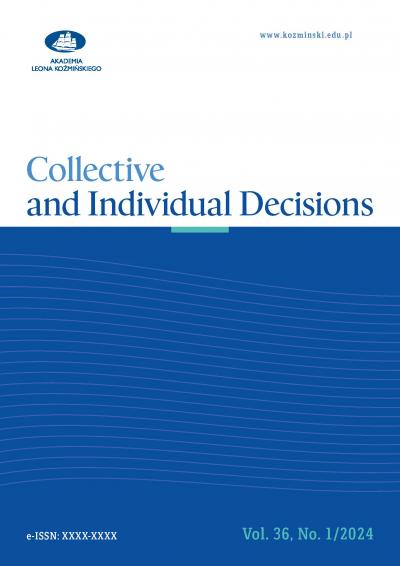This paper presents a theoretical and empirical analysis of the electoral process within Open-List Proportional Representation (OLPR) systems and introduces the 5R model (Reelection, Reanimation, Rise, Reattempt, Rookie) for examining career paths, access rules, and elite cir-culation in OLPR contexts. The theoretical section breaks down the electoral process into five stages: from candidate auto-selection, through pre-selection and list hierarchization by party leaders, to gaining votes and seat allocation. A particular emphasis is placed on differ-ences in politicians’ career paths and the strategies party leaders employ in list construction. The empirical analysis demonstrates the impact of the OLPR system on different types of parties and candidates, showing how both party structures and candidates’ career paths are influenced by this system. The study utilizes an extensive dataset of official electoral results spanning 20 years of Polish democratic elections (1990–2019), covering both general and local elections, with strong internal comparability. Thus, based on these findings, the paper intro-duces the 5R model, which can serve as a framework to interpret elite circulation, political career paths, and access rules in OLPR systems. This model serves as a foundation for future research on candidate demographics, particularly gender, age, and territorial representation.




